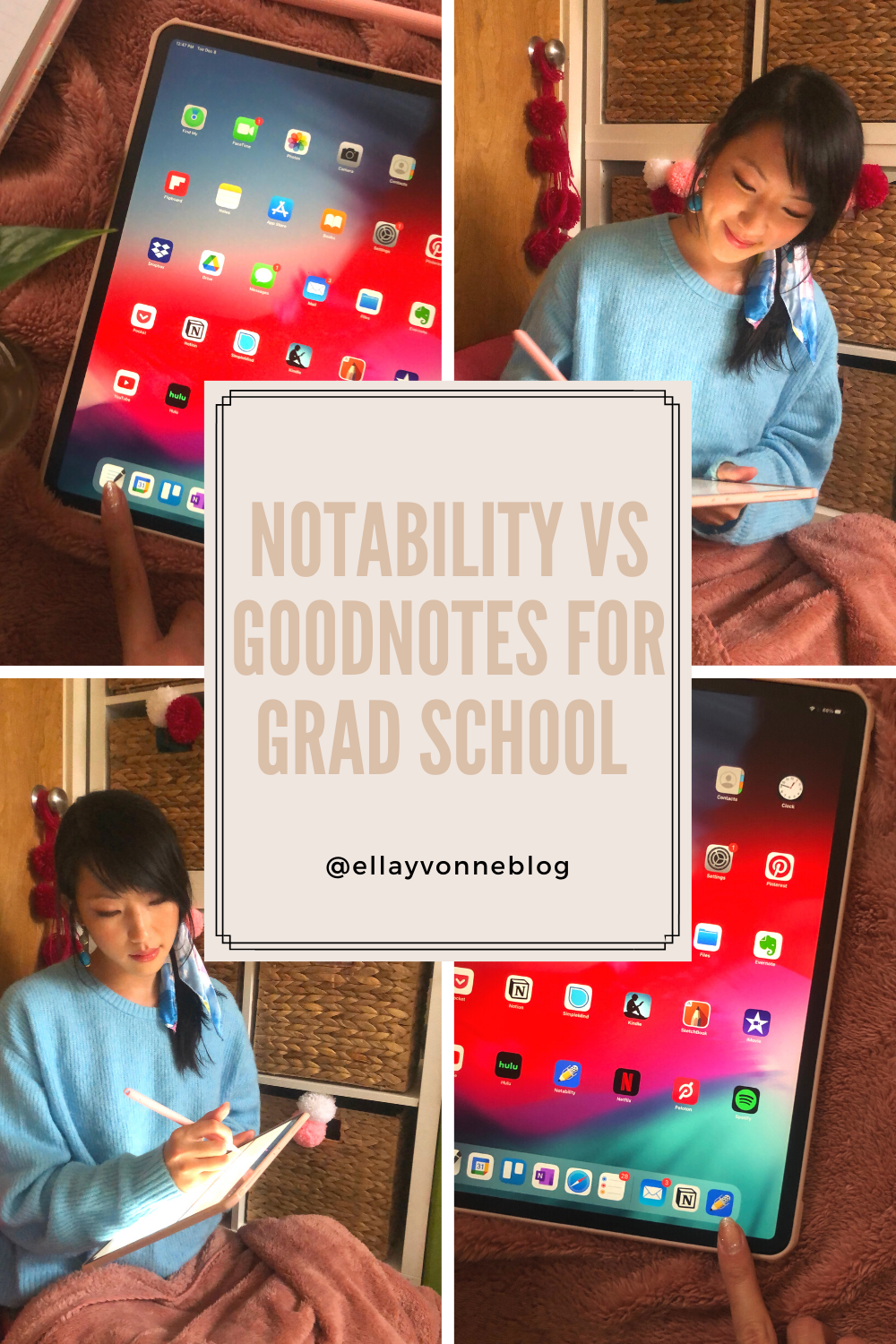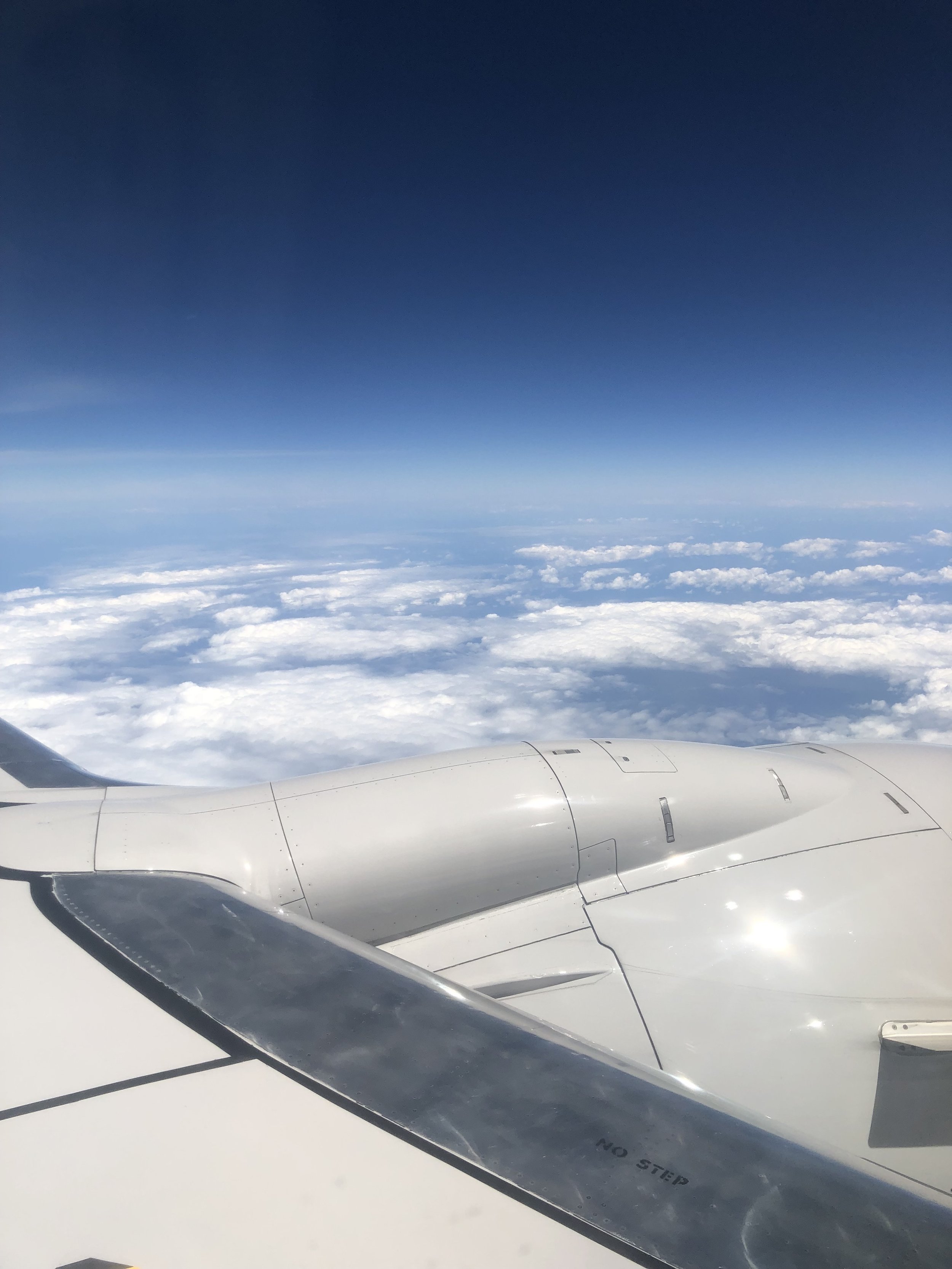Hello, friends! I've been trying to keep up my something new project each month throughout quarantine in an effort to develop better habits and work on self improvement - even during this weird time. Especially when it comes to health and work-life balance, my habits were all over the place at the beginning of quarantine, so I've spent the better part of 6 months trying to develop better ones! Enter intermittent fasting.
What is intermittent Fasting?
Intermittent fasting is where you fast for a long period of time and only eat within a shorter eating window usually in the hopes of achieving some sort of health benefit. The theory of how intermittent fasting works is that when you fast, your body is in a state of ketosis where you are using the extra fat in your body as energy. Intermittent fasting purports to put our bodies into this state of ketosis and also boasts a ton of other health benefits. Intermittent fasting can be done for days at a time or only within certain hours of the day. Some people choose to fast for 2 days and eat for 4 days, some people choose 20 hours of fasting and a 4 hour eating window, but the most common intermittent fasting routine is 16 hours of fasting and an 8 hour eating window - usually somewhere around 12:00 pm - 8:00 pm
While there is a long history of fasting in humans (e.g., certain religions have been fasting for periods much longer than this throughout history), the research on intermittent fasting specifically is more sparse.
The Science:
Based on what I could find, the TL;DR of the science behind intermittent fasting is that there really aren't enough studies about it for us to understand the full benefits or harms of intermittent fasting. There are studies on rats (not the same as humans) and there are studies on intermittent fasting in small samples of humans for short periods of time, but none of these are truly indicative of what long-term effects intermittent fasting might have on us. Therefore, if you choose to try intermittent fasting, know that it's truly experimental in nature and that the effects that people claim to experience from intermittent fasting might be specific only to that person, so listen to your body and make sure that anything you do is best for you.
Why I wanted to do it:
To reduce bloating and re-establish healthier eating habits.
Pre-quarantine, I wasn't necessarily the perfect eater, but I was busy enough running around on campus that I didn't have the opportunity to sit in my living room and eat 24/7 🙂. Since quarantine, my eating habits have truly been aaaaaaalll over the place. I'm already generally a healthy eater (thank you, mom) BUT I am also 100% one of those people that eats when I'm bored and has very little self control around potato chips and ice cream (it's all about balance right? 😜). The only strategy that usually works for me is getting out of the house to keep my mind busy and banning junk food from my apartment because I know as soon as it enters the apartment, it's as good as gone. So, I wanted to try intermittent fasting to see if I could reset my brain into less snacking, better eating habits, and hopefully less bloating.
The Rules:
There aren't clear guidelines on what to eat during that intermittent fasting period and how long you should fast. This is part of the reason why the evidence behind intermittent fasting is spotty - there are no rules for how to do it, so the effects are inconsistent. I opted for the most common 16:8 fasting rule and fasted for 16 hours with an 8 hour eating window. I am an early bird so I chose an earlier eating window - from 10:30 am to 6:30 pm.
Since there weren't really any hard and fast rules for what you could or could not eat during intermittent fasting and what was supposedly okay to eat during your fasting period, I decided to do what I affectionately called "lazy" intermittent fasting - AKA I let myself drink coffee with creamer in the mornings before my fasting period was over because...let's be honest. I am a nightmare pre-coffee and I wasn't going to put myself (or my partner) through that 🙂
Outfit Details: Sweater: H&M / Necklace: Similar Here and Here / Lipstick: Colour Pop in Bumble (one of my all-time favorite reds!)
My Experience:
Alright, so I tried it for 30 days. What was it like?
The mornings were tough for a while: Hunger-wise, the mornings were tough for me. For the first 2 weeks, I was pretty hungry by 8:30 or 9:00 but had to wait another 1-2 hours to eat. Full disclosure, I wake up at around 5:30 in the mornings so waiting until 10:30 is a whole 5 hours!
Your body adjusts: Even though those first couple of weeks were difficult for me, my body started to adjust over time. I'd still be pretty hungry by the time 10:30 rolled around but over time, I was no longer hungry at 8 or 9 and it became easier to wait it out. Eating first thing in the morning has been a longtime habit of mine and it was interesting to see how quickly my body seemed to adjust.
Reduces the need to make decisions: As a social scientist, I'm all about the psychology here - and intermittent fasting definitely helped to reduce the amount of decision-making power I needed in the mornings. Studies have shown that your willpower is a limited resource so if you're using that making decisions about when, what, and how much to eat you have less willpower to make other decisions.
Challenges the assumption that you have to eat three meals a day: Another good thing I experienced from intermittent fasting was that it challenged my assumption that I needed to eat three meals a day. Don't get me wrong, I love eating any chance I can get but I often eat a meal at the "right" time just because I've been taught that I should be eating at that time - not because I'm actually hungry.
Listen to your body: There were a couple of days during my intermittent fasting period where I woke up with a headache or didn't feel 100%. On those days, I completely ditched fasting and took care of my body first.
I found it difficult to stick with it: Only being able to eat within an 8 hour window sounds easier than it actually is - especially during non-COVID times. If you're interested at all in socializing and eating/drinking with people outside of your eating window then you have to either break your fast or be the party pooper that doesn't eat. Since I decided to try intermittent fasting during COVID it wasn't as difficult since socializing is limited, but there were certainly still times where I broke my fast in order to have a glass of wine while watching the Bachelor 😂
Shop Similar:
So, What Happened?
Well, not a whole lot changed in my body after trying intermittent fasting. This could have been partially because I was doing it "lazily" but I truly felt that a lot of the benefits I experienced from intermittent fasting were more psychological than anything.
Greater awareness of the things I ate: Because I was doing intermittent fasting, I was more aware of the things I was putting in my body. The process drew awareness to what I was eating so I definitely ate healthier than I normally would have.
More intuitive eating: I was also listening a lot more to my body when it came to when I was hungry and why I was eating! Because I was intermittent fasting, my brain would do a double take every time I decided I was hungry and realize I was hungry only because I was bored...not because I was actually hungry 😛
I bloated less: Although nothing about my body really changed (e.g., weight, exercise routine etc), I definitely bloated significantly less than I normally do. I think this was mostly due to the fact that I like to enjoy snacks and a bit of booze in the evenings- which really didn't mix with intermittent fasting! Having an eating period that ended at 6:30 meant I snacked a lot less in the evenings and had to give up a drink I might've normally had at 8 pm ☹️
Will I continue?
Sort of. I'm a creature of habit and I like having a mixed drink while I'm watching my trashy reality TV, okay?! It's the simple things in life haha! The reason I say I'll sort of continue is because intermittent fasting has made me a lot more aware of when I'm actually hungry and when I'm not. Being more aware of my actual hunger cues has made me realize I'm actually not that hungry at 5:30 am - contrary to what my habits might tell me. So, while I won't be adhering strictly to an intermittent fasting schedule, I've tried to stick with eating later in the day when I'm actually hungry and trying to only snack when I'm hungry and not when I'm bored.
Long story short, while I think intermittent fasting was a valuable experiment, I think the primary driver of people seeing actual changes in their body is really driven by reducing their calorie intake because eating in a shorter window of time just means you're going to end up eating less overall.
Thanks so much for stopping by and I hope this was helpful for you! If you've tried intermittent fasting, leave me a comment below - I'd love to hear what your experience was like!



























